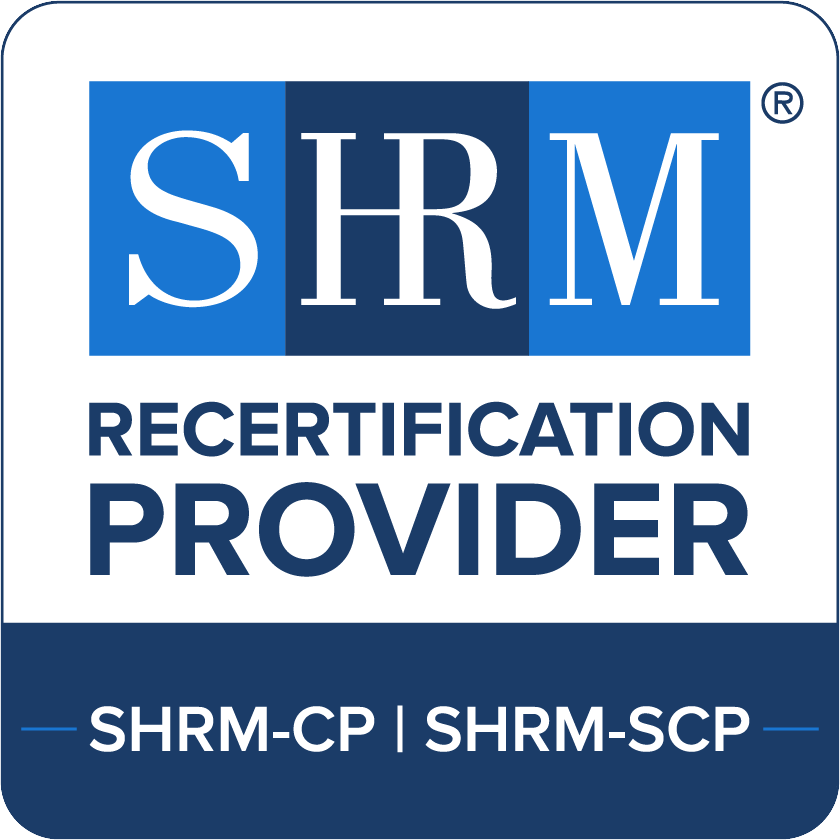Compass in Newsday! We’re in the news again!
Tackling Trump Tensions: LI Firms Try to Keep the Workplace Peaceful
Newsday Special By Cara S. Trager
Long Island companies were far from immune to the political discourse that divided families and cooled friendships during the presidential campaign. But in the aftermath of the election, disagreements in the workplace over President Donald Trump’s statements and policies, most recently regarding immigration, have not only persisted but, in some cases, have intensified, with conference rooms, employee cafeterias and office cubicles sometimes turning into politically fraught battlegrounds.
Political discussions are deteriorating into heated exchanges, workers are leveling snide remarks at those with different opinions, and, on occasion, like-minded workers are reveling in their common political leanings and excluding those who don’t share them, according to experts specializing in workforce issues.
“People are acting out their feelings, and that could potentially lead to violence,” said Sima Ali, a Huntington attorney who specializes in workplace law.
Long Island companies are addressing the politically charged atmosphere with a wide range of strategies, including using humor to diffuse arguments, specifying unacceptable behavior in revised employee handbooks and disciplining workers when their debates turn threatening or violate anti-harassment, anti-bullying or anti-discrimination policies.
“Work is not the place to put up your banners and bring your political views, but by the same token, you can’t prevent water cooler talk,” said Sal Ferro, president and CEO of Alure Home Improvements and Alure Designs in East Meadow. “So it’s imperative to bring an atmosphere of respect first and foremost.”
Ferro, who has more than 120 employees, tries to lighten political debates between workers not only by jokingly remarking, “Let’s talk about the Giants or the dysfunction of the Knicks,” but by stepping into the fray to “take the middle ground.” Recently when a conversation about the president’s deportation plans grew “intense,” Ferro said he enumerated the issue’s pros and cons, a strategy that lets workers see that they agree more than they disagree.
Christine Ippolito, the founder and principal of Deer Park-based Compass Workforce Solutions, said her firm was recently tapped to help a company where political differences had descended into near-violence.
Before the election, she said, her client had failed to take any action when snacks in the break room were labeled “For Trump supporters only.”
“No one complained,” said Ippolito, so the company viewed the episode as “a one-time thing that wasn’t happening again.”
That laissez-faire stance ended after the presidential election when two otherwise friendly workers — one an American-born citizen, the other a naturalized citizen — were reading the newspaper together and the American-born worker told his immigrant colleague that he and his countrymen would be sent back to their homeland, according to Ippolito.
The naturalized citizen maintained that as a U.S. citizen, he would not be deported, but when the American-born worker countered that “the law had changed” and that he and his compatriots would be returning to their native land, the naturalized citizen responded with the threat of physical violence, Ippolito said.
Overseeing the investigation into the episode, she determined that the naturalized citizen had crossed the line with his violent threat while the American-born worker said that he didn’t know his comments were inappropriate, since no one had ever told him what he couldn’t say in the workplace. As a result, Ippolito advised her client to establish policies and procedures regarding unlawful workplace harassment, discrimination and bullying.
All the political talk isn’t only fueling tempers. Productivity is also suffering, according to a post-election online survey of 500 fulltime workers, which was conducted by Wakefield Research for BetterWorks, a Redwood City, California, maker of performance management software.
Since the election, more than a quarter of the respondents said they are less productive, and nearly three-quarters discuss politics during the day with colleagues. While 22 percent spend two hours a day talking or reading about politics, more than a quarter of the millennial respondents said they spend more than four hours a day on such activities.
Among all participants, 30 percent said their coworkers spend more time talking about politics than discussing their work, and nearly half have witnessed a political conversation turn into an argument.
An employee at a Nassau County health care agency said that while her colleagues don’t let their political differences interfere with their professional responsibilities, she feels “outnumbered” as a Trump supporter. The worker, who did not want her name or the name of the agency disclosed because she was concerned about exacerbating an uncomfortable situation, described her coworkers’ behavior towards her as “covertly isolating.”
Recent incidents include a coworker, half in jest, directing “liberals to the left” at a conference table, and another colleague, after huddling with a group to discuss going together to a women’s march, caustically saying to her, “We know you’re not going to march.”
Noting that political disputes are a common workplace issue, John Porta, principal in the Melville office of Jackson Lewis, a national law firm representing management in the area of workplace law, said that “private employers can choose to curtail freedom of speech, including political discourse” by “taking the position that certain comments violate the employer’s anti-harassment policies.” He cautioned, however, that such a curb shouldn’t restrict employees from discussing the terms and conditions of their employment, which are activities protected by the National Labor Relations Act.
Before the election, Porta said, an anti-harassment policy enabled one of his clients, a Long Island retail operation, to discipline workers with verbal and written warnings after their informal conversation about candidate Trump’s plans for a wall between Mexico and the United States had escalated into their repeating “Build the wall” on “more than one occasion.”
The firm’s Latin American employees reported the situation to human resources. The workers had mistakenly assumed that their comments were protected by their Constitutional right of freedom of speech, said Porta. In addition to the disciplinary actions, Porta advised the client to conduct an anti-harassment seminar to ensure that workers would not be made to feel uncomfortable again about “what’s going on in the political realm.”
Other companies are implementing new policies before political differences get out of hand. Jon Cooper, the president of the Westbury-based, 180-employee Spectronics Corp. and a former Democratic Suffolk County legislator, said his firm’s family-like environment has helped in fostering a respectful atmosphere, yet its revised employee handbook will include new prohibitions against wearing political clothing or displaying political materials, such as buttons and banners. “It makes sense going forward to head off possible issues down the road,” said Cooper.
Read the whole article here: http://www.newsday.com/business/tackling-trump-tensions-li-firms-try-to-keep-the-workplace-peaceful-1.13241612











